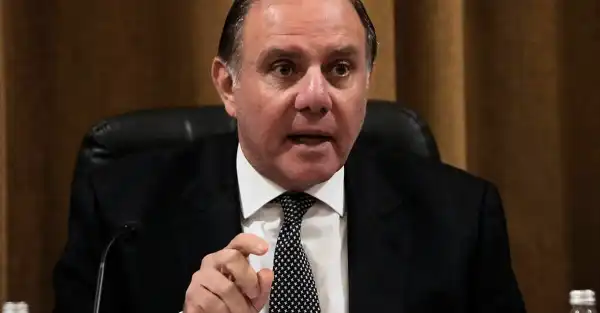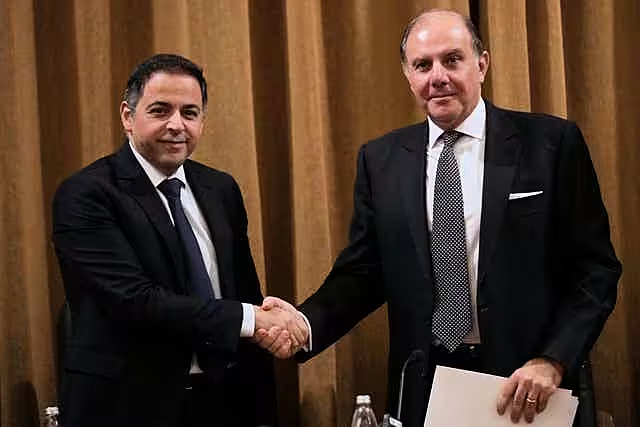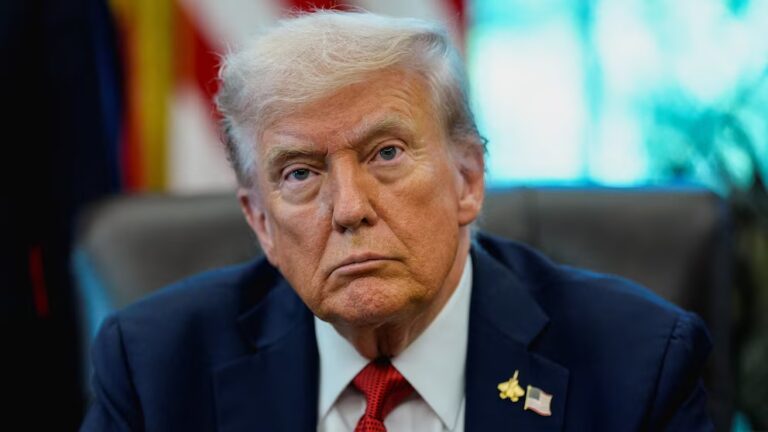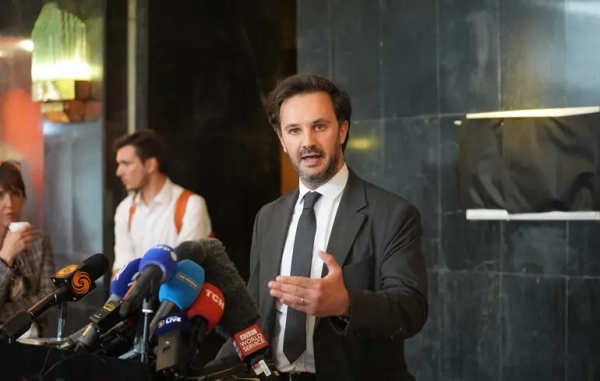
The new head of Lebanon's Central Bank has pledged that his organisation will actively combat money laundering and terrorist financing while remaining free from political interference.
Karim Soueid, speaking after his official appointment in Beirut, said he would be tasked with reforming the banking sector, managing public debt and returning depositors' funds.
Lebanon's economy has suffered the worst crisis in its modern history since 2019, and the country needs to implement reforms demanded by the international community.
Implementing such reforms is essential to unlocking international aid, and it is worth bearing in mind that Israel's 14-month conflict with Hezbollah has resulted in damage and economic losses estimated by the World Bank at $11bn (£8.3bn).
Lebanon's crisis has its roots in decades of corruption among the country's political and financial leaders, which drained state resources and eventually led to a bank run in 2019 that left people unable to access their deposits.

The situation has since worsened due to the COVID-19 pandemic, the devastating explosion at the port of Beirut in August 2020, and the conflict between Israel and Hezbollah.
Since the start of the historic crisis, Lebanon has moved to cash transactions, and in October, the Paris-based international anti-money laundering watchdog added Lebanon to its “grey list”.
“We will implement international laws, including laws on combating money laundering and terrorist financing,” Mr. Souwaid said.
The former asset manager added that banks in Lebanon need to recapitalize by raising new funds, and those unable or unwilling to do so should team up with other lenders.
He noted that the main priority would be to return deposits, starting with customers with small accounts. He stressed that the task of returning deposits lies with banks, the central bank and the state.
Mr Souwaid also said the central bank would study all economic recovery proposals put forward by previous governments to help the small country overcome the crisis.
Wassim Mansouri, who has been acting as the central bank's governor since July 2023, said the central bank's reserves stood at $10.727 billion at the end of March.
Mr. Soueid succeeds Riyad Salameh, a former governor who held the post for 30 years and whose tenure ended with several international cases of corruption, embezzlement and other financial crimes.
Salame was appointed in 1993 as Lebanon was struggling to recover from a 15-year civil war.
Sourse: breakingnews.ie






